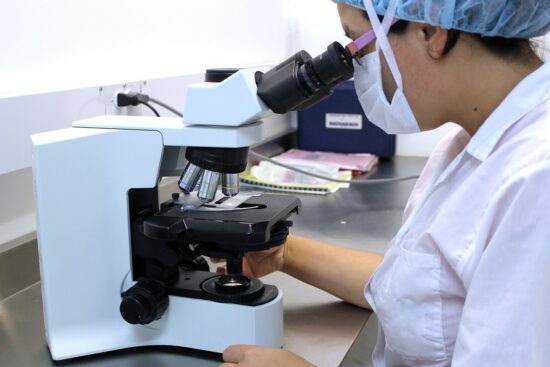Unrealized targets in the discovery of antibiotics for Gram-negative bacterial infections
Advances in areas that include genomics, systems biology, protein structure determination and artificial intelligence provide new opportunities for target-based antibacterial drug discovery. The selection of a ‘good’ new target for direct-acting antibacterial compounds is the first decision, for which multiple criteria must be explored, integrated and re-evaluated as drug discovery programmes progress. Criteria include essentiality of the target for bacterial survival, its conservation across different strains of the same species, bacterial species and growth conditions (which determines the spectrum of activity of a potential antibiotic) and the level of homology with human genes (which influences the potential for selective inhibition). Additionally, a bacterial target should have the potential to bind to drug-like molecules, and its subcellular location will govern the need for inhibitors to penetrate one or two bacterial membranes, which is a key challenge in targeting Gram-negative bacteria. The risk of the emergence of target-based drug resistance for drugs with single targets also requires consideration. This Review describes promising but as-yet-unrealized targets for antibacterial drugs against Gram-negative bacteria and examples of cognate inhibitors, and highlights lessons learned from past drug discovery programmes.
AMR NEWS
Your Biweekly Source for Global AMR Insights!
Stay informed with the essential newsletter that brings together all the latest One Health news on antimicrobial resistance. Delivered straight to your inbox every two weeks, AMR NEWS provides a curated selection of international insights, key publications, and the latest updates in the fight against AMR.
Don’t miss out on staying ahead in the global AMR movement—subscribe now!







